Being safe online is essential these days. Your personal information is constantly at risk when you shop, browse social media, or browse the online. Data breaches are becoming more frequent, and hackers are becoming more sophisticated. What are some ways to stay secure in this digital world?
Since things will only grow more complicated in 2025, take a look at these 8 easy suggestions for remaining safe online.
Key Takeaways:
| Tip | Action |
|---|---|
| Use Strong Passwords | Combine characters & use a password manager |
| Enable 2FA | Add an extra layer of security |
| Be Careful on Public Wi-Fi | Use VPN and avoid logging into sensitive accounts |
| Watch Out for Phishing | Don’t click unknown links or download suspicious files |
| Update Devices | Turn on automatic updates |
| Limit Social Sharing | Set profiles to private, think before you post |
| Shop Safely | Stick to secure, known websites |
| Backup Data | Use both cloud and offline methods |
1. Use Strong and Unique Passwords
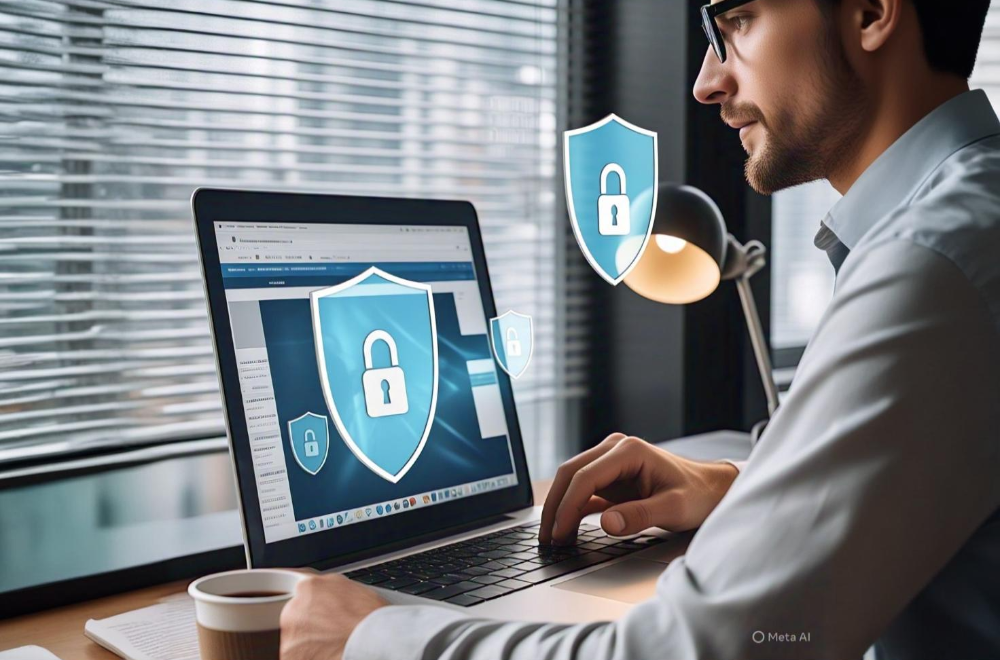
If password hygiene is practiced, there will be less possibility of online safety threats being encountered. Weak passwords and reused passwords are a hacker’s paradise.
Best Practices:
- Make use of a variety of special characters, numerals, and capital and small letters.
- Steer clear of obvious pickings such as your birthday or your pet’s name, or “123456.”
- Securely generate and store complex passwords with a password manager (e.g. LastPass, Bitwarden, 1Password).
Quick tip: Be cautious not to use the same password across accounts. With hacking, even if one password is unveiled through a breach, scores of your accounts would be left mythically vulnerable.
2. Enable Two-Factor Authentication (2FA)
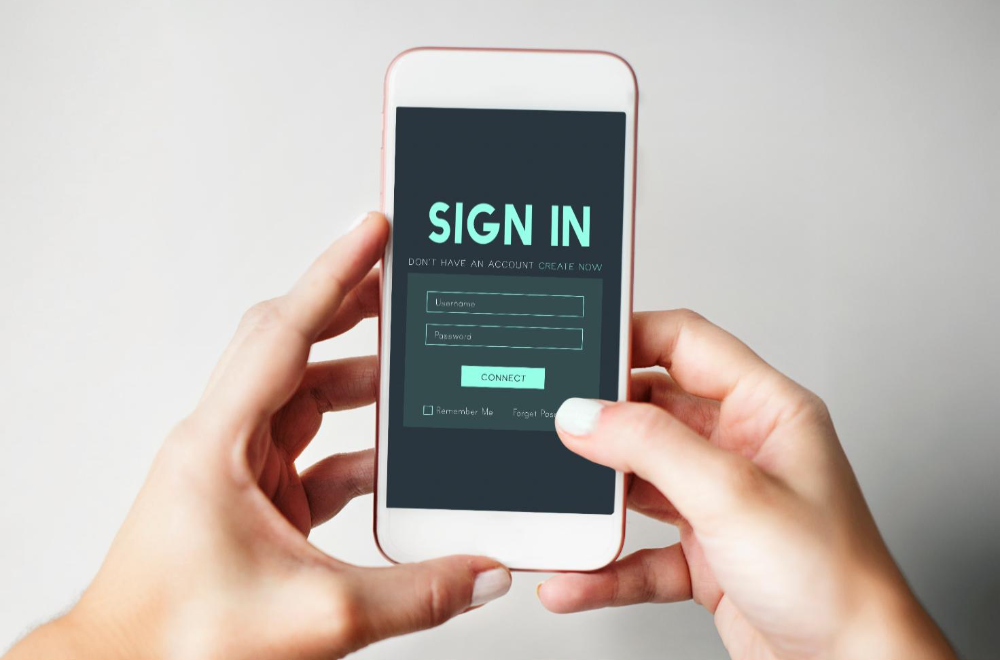
Two-Factor Authentication gives you an added layer of protection. Even if someone has your password, they still can’t have access to your account without the second verification step.
How It Works:
- A code is delivered to your email or mobile device whenever you enter your password.
- You now finish the login process by entering that code.
Apps like Google Authenticator, Authy, or Microsoft Authenticator offer added protection beyond SMS-based codes.
3. Be Cautious on Public Wi-Fi
Be convenient for public Wi-Fi, but keeps it open for hackers G-minded. Whether you be seated in cafes, airports, or hotels, any information that is sent across unsecured networks is subject to interception.
Safety Tips:
- Do not log in to sensitive accounts, and do not involve those accounts with any form online while using a public Wi-Fi network.
- The connection should be encrypted using a Virtual Private Network (VPN).
- Deactivate automatic Wi-FI connections on your device.
4. Beware of Phishing Scams
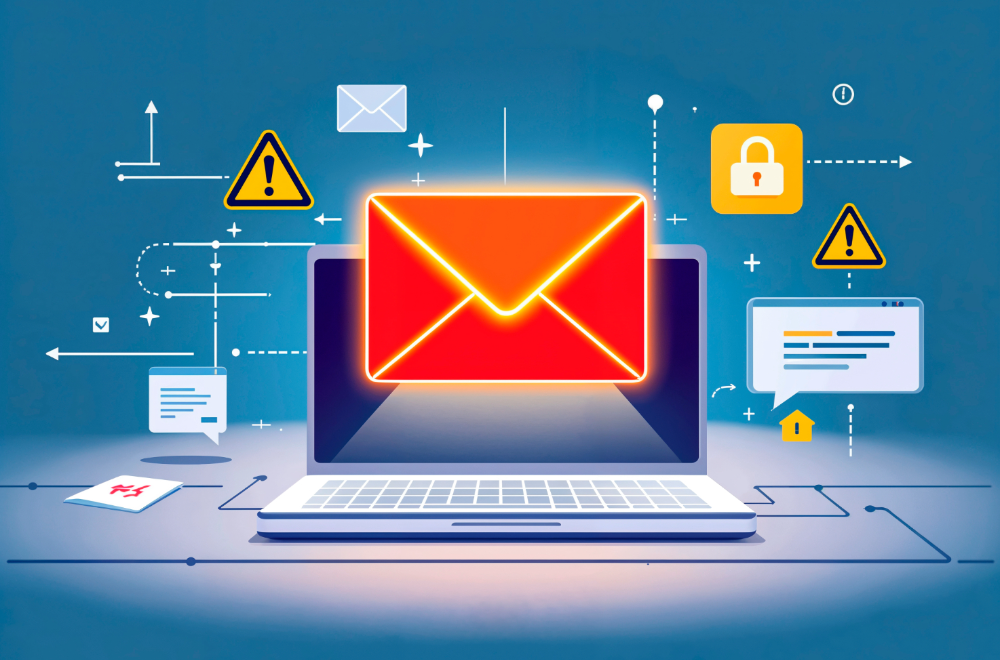
People frequently use phony websites and phishing emails to obtain your personal information.
Red Flags to Watch For:
- Strange e-mail addresses you are unfamiliar with.
- Frightening or urgent messages, such as “Your account will be locked!”
- Attachments or links that appear strange.
- Poor grammar and misspellings in brand names.
What to Do:
- Avoid clicking on any dubious links. To see where they actually go, you can mouse over them.
- Verify that the email is coming from the official domain by checking the sender’s address.
- Instead of clicking on any links in the email, if you’re unsure, simply enter the official website into your browser.
5. Keep Your Devices Updated
Updates to software frequently include important security patches in addition to new features.
Stay Safe by:
- Enabling automatic updates for your apps and operating system.
- Regularly checking for firmware updates on smart home devices.
- Updating antivirus and anti-malware software.
Outdated software is like leaving your digital door wide open.
6. Limit Personal Information on Social Media
Oversharing can put you at risk, even if sharing daily experiences and milestones is tempting.
Avoid Posting:
- Your travel itinerary or current whereabouts
- Full birth date with the street address and phone number
- Images of sensitive documents (tickets, IDs, etc.)
Cybercriminals may use that information for identity theft, social engineering, or stalking. Secure your profiles, and share with caution!
7. Shop Securely Online
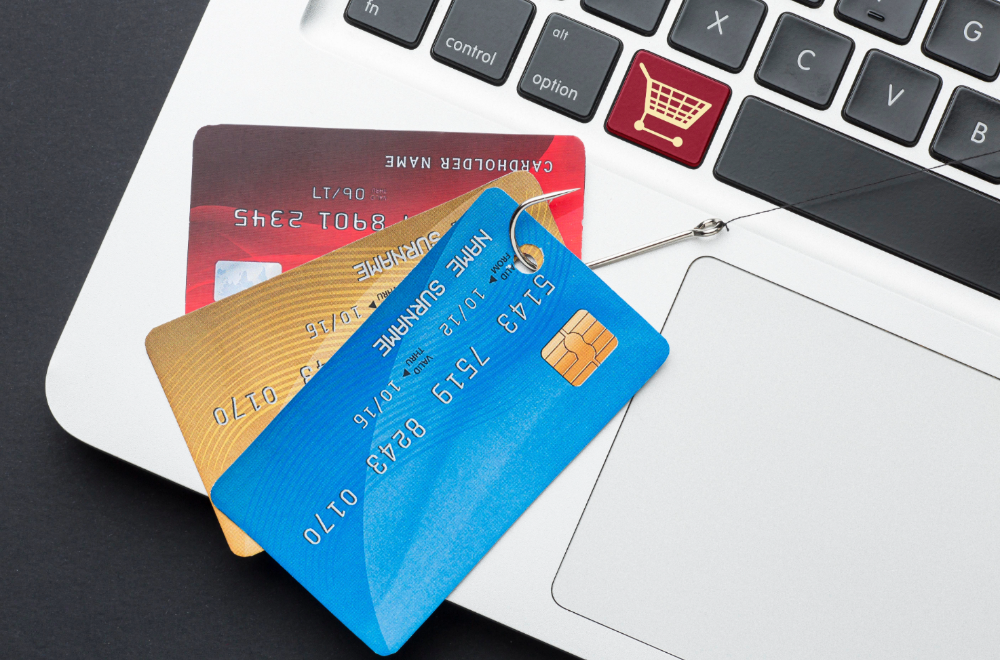
Online fraud is on the rise, but so is e-commerce. Before making any transactions, always make sure the website is legitimate.
A Checklist for Secure Internet Purchasing:
- Utilize websites that have “HTTPS” in the URL.
- Steer clear of websites that are overflowing with pop-ups or advertisements, or that appear badly constructed.
- For improved fraud protection, use a credit card rather than a debit card.
- On your banking app, turn on transaction alerts.
When in doubt, avoid making purchases from unknown websites. Stay with trustworthy
8. Backup Your Data Regularly

It does not matter how careful you are. Accidents can happen due to cyber threats, failures of hardware, and deletions by fault. Backup makes it safe not to lose everything.
Backup Tips:
- Cloud service use (Google drive, Dropbox, OneDrive).
- Keep offline data backup in an external hard drive.
- Automate the backing up process to take place regularly-weekly or daily.
This is critical for businesses or anyone with sensitive working or financial data.
Final Thoughts: Stay Vigilant, Stay Safe
One-time activity, not online safety: it is a mindset which is all-time practicing. The fast-growing network of emerging cyber threats, clever gadgets, and cyber robbers based on artificial intelligence make it absolutely essential to safeguard one’s digital life.
Follow these 8 important tips to reduce exposure while navigating, buying, and connecting online. Awareness and action are the best shields in a connected world. Care!
FAQs
A1: With the increasing use of digital devices, apps, and online platforms, cyber threats like phishing, identity theft, data breaches, and online scams are more common. Staying safe online helps protect your personal, financial, and professional data.
A2: In 2025, common threats include phishing emails, ransomware attacks, malicious browser extensions, deepfake scams, data leaks, and social engineering attacks targeting individuals and businesses.
A3: Use a mix of uppercase and lowercase letters, numbers, and symbols. Avoid common words or personal info. Ideally, use a password manager to generate and store unique passwords for each account.
A4: 2FA adds an extra layer of security by requiring a second form of verification—like a code sent to your phone or email—even if your password is compromised.
A5: Tools like VPNs, antivirus software, password managers, browser privacy extensions, and real-time threat detection platforms can significantly improve your online safety.
